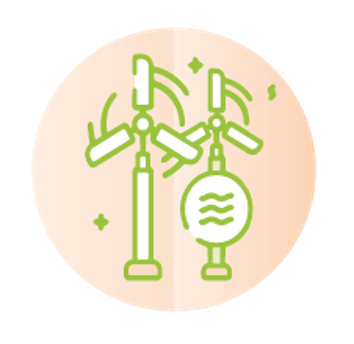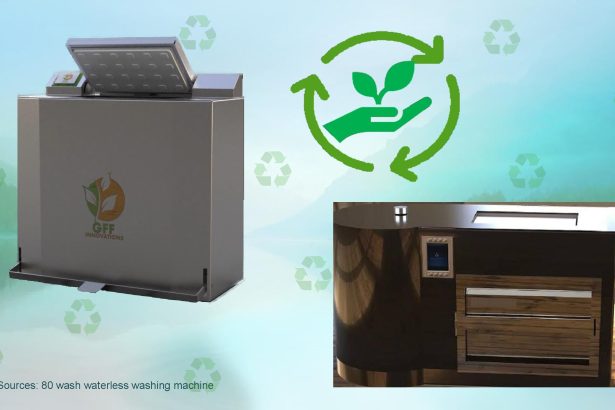SocLineTech is delighted to announce the successful Horizon European Innovation Council (EIC) 2022 Pathfinder Open grant application by Dr Sibu Padmanabhan, a senior researcher in AMBER (Advanced Materials and BioEngineering Research) Centre and the School of Chemistry at Trinity College Dublin.
This is the only EIC Pathfinder Open won in Ireland in year 2022 call, where SocLineTech is also a partner.
AMBER is one of the many research centres funded by Science Foundation Ireland. The research centre’s prime focus is in applied and transferable research to promote the innovation-driven growth of Ireland.
The European Innovation Council is Europe’s flagship innovation programme to identify, develop and scale up breakthrough technologies and game changing innovations The EIC has been established under the EU Horizon Europe programme. It has a budget of €10.1 billion to support game changing innovations throughout the lifecycle from early-stage research, to proof of concept, technology transfer, and the financing and scale up of start-ups and SMEs.

The successful proposal, titled “Proof of principle fly larvae biorefinery for biopolymer plastic production” (BioLaMer) seeks to manage and utilise food waste to develop biopolymers and added-value bioplastic products which in turn can contribute to the reduction via an alternative of petroleum plastics which along with food waste is a significant global challenge with regards to climate change.
BioLaMer aims to demonstrate a novel proof of principle fly larvae biorefinery by establishing food eating black soldier fly larvae (Hermetia illucens) as a high impact feedstock for cost-effective production of two biopolymers, polyhydroxyalkanoates (PHA) and chitosan. The advantages of the larvae route are that it:
(i) is renewable and inexpensive;
(ii) provides less complexity as the larvae has
invariable chemical composition;
(iii) can be used to mitigate the FW problem;
(iv) can reduce raw material inputs, thus minimizing
energy utilization;
(v) doesn’t disturb the biodiversity; and
(vi) can avoid/reduce pre-treatment costs associated with the waste-streams to produce the platform chemicals for biopolymer production.
Dr. Padmanabhan is an experienced materials scientist with keen interest in sustainable materials and technologies and their environmental, societal and economic potential/impact.
Also involved in the successful proposal was AMBER Director Professor Mick Morris.
The other partners of this high impact BioLaMer project are Prof. Maria Reis & Prof. Rui Oliveira (both from NOVA ID FCT, Lisbon, Portugal), Miss. Neda Tozija (TRANSFOLAB BCN, Barcelona, Spain), Prof. Serena Righi (ALMA MATER STUDIORUM – UNIVERSITA DI BOLOGNA – UNIBO, Italy), Dr. Jorge Santos (AquaInSilico LDA, Lisbon, Portugal) and Prof. Ana Rita Farias (COFAC, Lusofona University).



